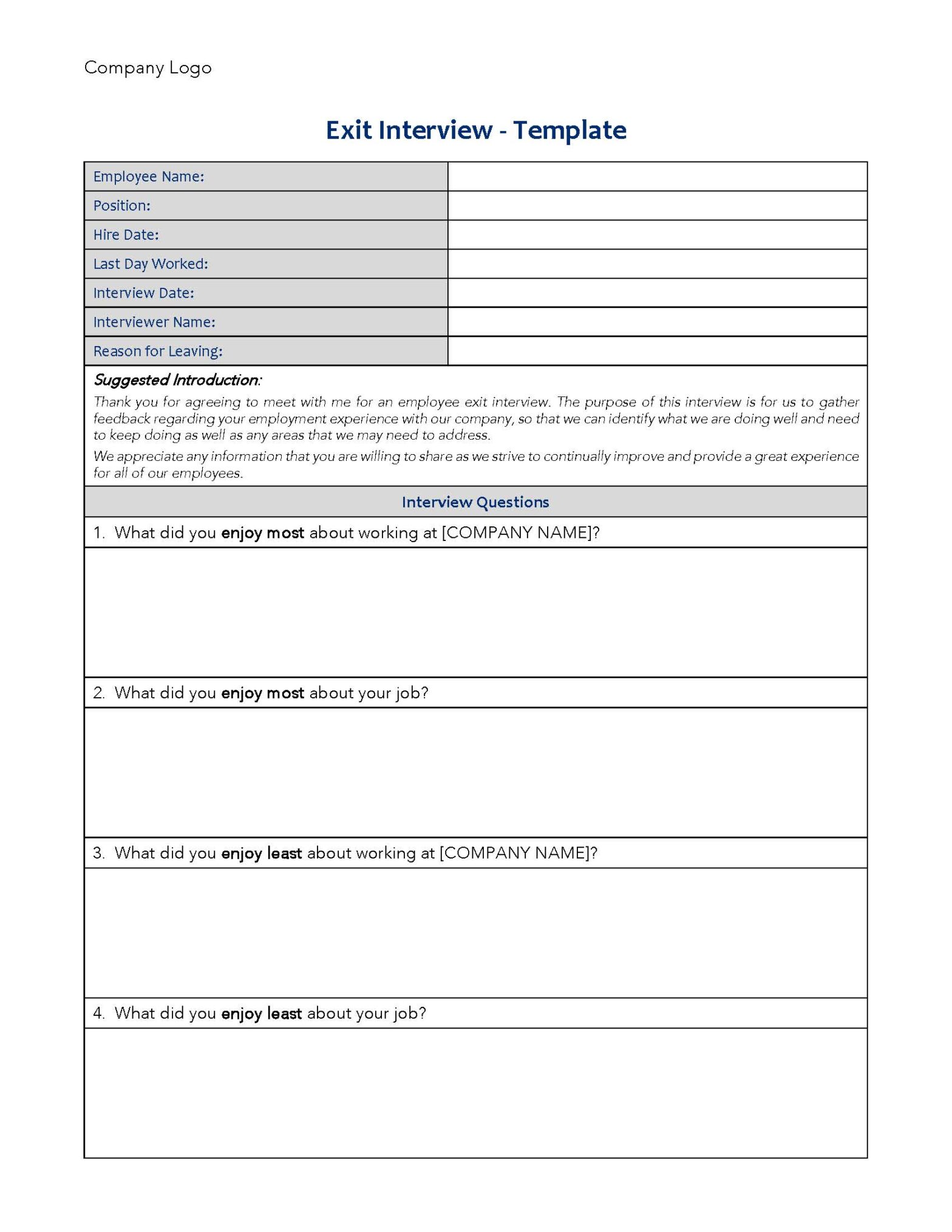May 18, 2017
The ESA is the source of mandatory terms of employment, including the minimum wage and the obligation to provide overtime, statutory holiday pay, and maternity and parental leaves.
The second set of employee rights is rooted in contract law rules created by judges’ decisions over the centuries (known as the “common law”). Most contract terms must be agreed in writing or by practice; although the common law does recognize some “implied” terms (i.e. terms that will be enforced with no evidence of agreement).
The ESA sets out relatively strict time limits on wage claims: claims can only cover wages payable in the last 12 months worked and employees must file their claim within 6 months of terminating employment. Note that the Director of the ESA may, in prescribed circumstances, extend an amount of wages payable to up to 24 months. Although, in theory, when investigating one employee’s claim, the Employment Standards Branch (ESB) can investigate all potentially similar cases at that business, the ESB rarely does so and claimants have no way of forcing it to do so. These enforcement rules and practices limit employers’ wage liability. By contrast, the courts allow employees to sue for breach of employment contracts going back two years and now permit “class actions” in which one plaintiff can sue in the name of an entire class of persons who have similar claims against the same defendant.
In Macaraeg v. E Care Contact Centers Ltd., a plaintiff successfully argued in front of a BC Supreme Court judge that she should be able to pursue a claim to overtime pay based on the ESA as part of her wrongful dismissal lawsuit. The judge noted that courts in other provinces have accepted that the statutory rights under the ESA can also be considered implied terms of the employment contract and therefore enforceable in the courts.
The trial decision in Macaraeg was appealed to the BC Court of Appeal and overturned. The Court of Appeal determined that the lower court judge erred in concluding as a general proposition that rights in employment standards legislation were implied into employment agreements as a matter of law regardless of the parties’ intentions. As the ESA provided a complete and effective administrative scheme for granting and enforcing rights under the Act, the legislature did not intend for these rights to be enforced in a civil action. Thus, Macaraeg was not entitled to enforce her statutory right to overtime pay in a civil action. Macaraeg‘s leave to appeal to the Supreme Court of Canada was dismissed.
The BC Court of Appeal subsequently applied the Macaraeg decision in the case of Giza v. Sechelt School Bus Service Ltd., 2012 BCCA 18. The plaintiff in Giza claimed for unpaid holiday pay as part of his wrongful dismissal action. The Court noted that holiday pay is a right granted by the ESA and affirmed again that rights conferred by the ESA can be enforced only through the mechanisms of that act.
The initial Macaraeg decision and a few that followed appeared to have the potential to attract serious consequences for employers by way of the multi-million dollar wage claims. However, in light of the subsequent Court of Appeal decisions, the law seems to be on the side of employers in limiting the rights that can be implied into employment agreements and the methods available for enforcing those rights. Nevertheless, employers should review their wage and pay practices with an experienced employment lawyer to ensure they comply with the ESA.
Reprinted with permission. Original title: “BC Supreme Court Decisions Open Way for Wage Claim Class Actions by J. Geoffrey Howard, from Business in Vancouver, where he writes a column.
Additional information provided by Ryan Anderson and Cameron R. Wardell, employment lawyers with Mathews Dinsdale & Clark LLP (March 2017). The information provided in this article is necessarily of a general nature and must not be regarded as legal advice. For more information about Mathews Dinsdale & Clark LLP, please visit mathewsdinsdale.com.
Return to top